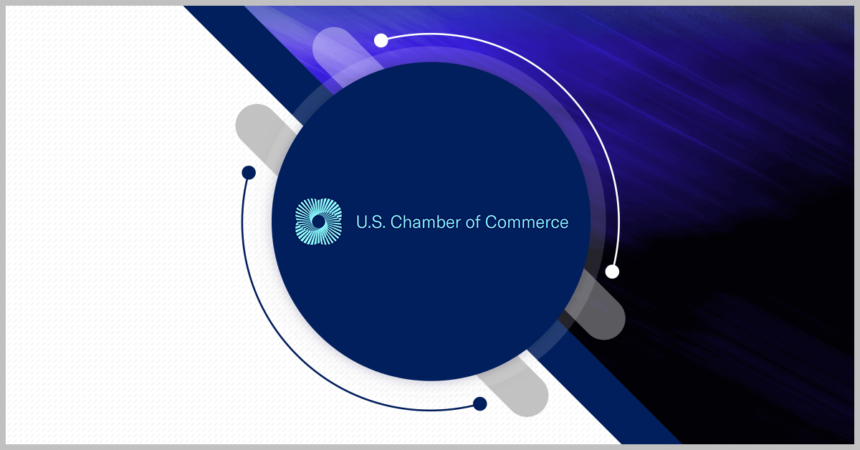The U.S. Chamber of Commerce has suggested that the Department of the Treasury issue clear-cut implementing regulations in its “Provisions Pertaining to U.S. Investments in Certain National Security Technologies and Products in Countries of Concern.”
The provisions, published on Aug. 14, follow the Aug. 9 issuance of Executive Order 14105 on “Addressing United States Investments in Certain National Security Technologies and Products in Countries of Concern.”
In a letter sent Thursday to Meena Sharma, acting director in the Treasury’s Office of Investment Security Policy and International Relations, the chamber noted that the provisions’ final guidelines would be the basis for the ways by which the United States, as well as other aligned economies, would screen outbound investments.
This makes it a critical piece of document that should contain implementing regulations that are “narrowly tailored to target specific national security concerns in a transparent, efficient and predictable manner,” the business organization stressed.
The notification process is one area that the chamber is wary of and recommends additional Treasury safety valves to prevent possible ambiguities posing a chilling effect on business activity.
Zeroing in on regulating outbound foreign investment to China, the chamber said it is against the potential use of the Specially Designated National tool as an implementing measure.
“Such an approach would be highly destabilizing to global supply chains and have significant adverse impacts on U.S. businesses, consumers, and the broader U.S. economy while failing to achieve the legitimate U.S. national security goals of curbing capital and associated technology flows in covered areas that support China’s military modernization and surveillance efforts,” it wrote in the letter.
The chamber stressed the importance of clear rules that businesses can easily comply with and furthermore called for multilateral coordination with allies on outbound screening.




